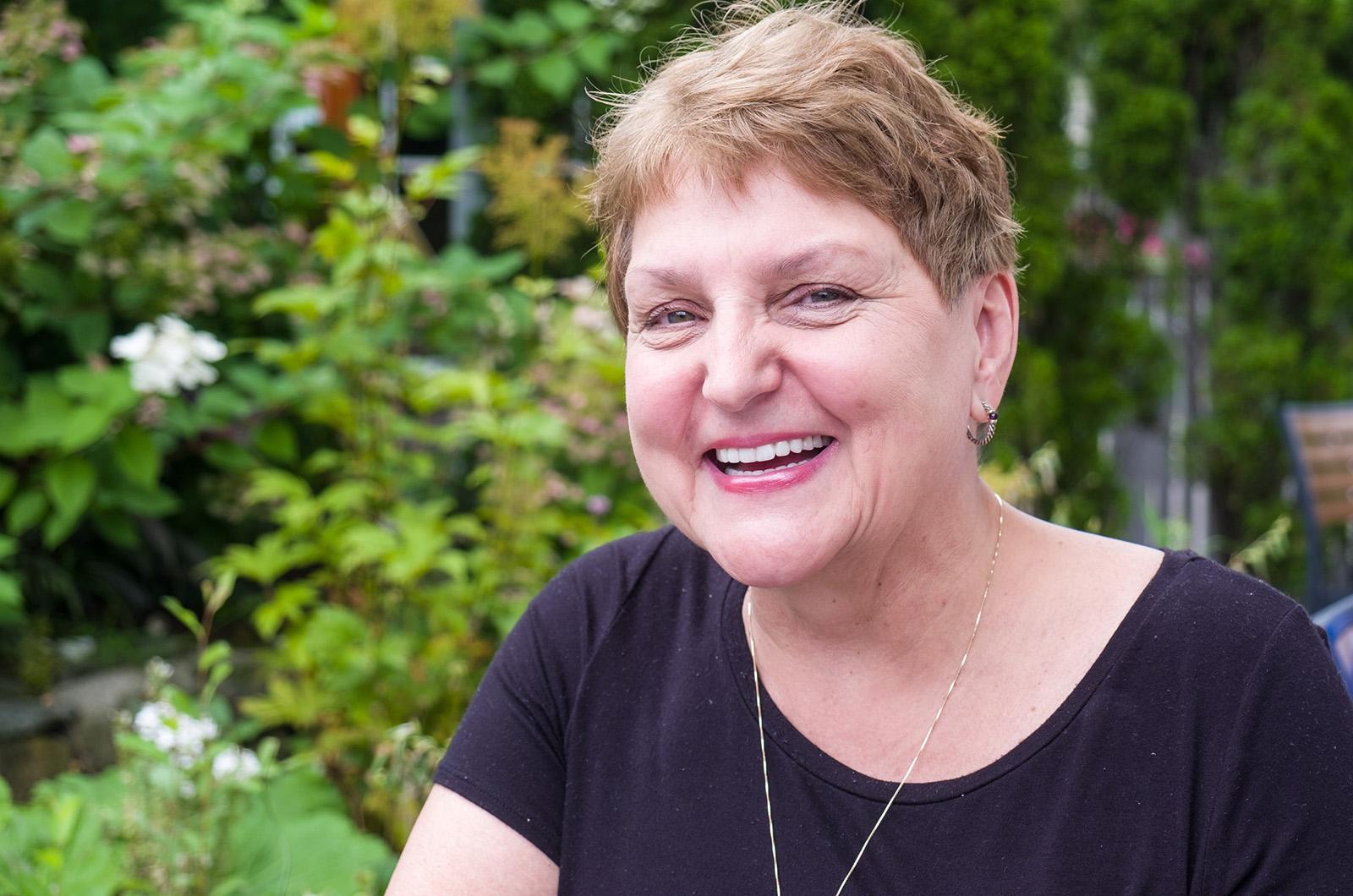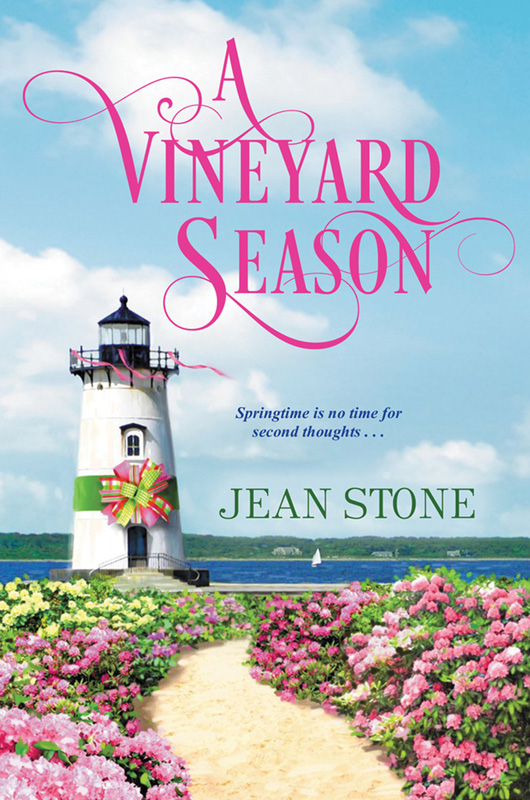In her 30-year career, Jean Stone has written upwards of 24 novels, more than a third of which are set on the Vineyard. The reason, she said, goes back to the works of Agatha Christie.
“It’s a closed environment,” she said one dreary morning, coming off her latest release, A Vineyard Season (Kensington, 2023). The novel, which hit bookshelves on April 25, is the seventh and last installment of her popular Vineyard series that has sold more than 115,000 copies worldwide. She will host a book signing at Edgartown Books on July 4 from 10 a.m. to noon.
“Agatha Christie was great at doing that — locking all her characters away,” she said. “That’s when you get them really interacting.”
On their covers, Ms. Stone’s novels look very different from an Agatha Christie whodunit. Usually featuring a picturesque beach scene or scripted pink font, her Vineyard series follows middle-aged writer Annie Sutton as she navigates love, family and community on the Island. In the past, Ms. Stone has eschewed the label “romance novel” in favor of “women’s fiction” but now, she said that publishers have moved to calling the genre just “fiction.”
The change suits Ms. Stone just fine. In her mind, the relationship between Annie and her strapping yet emotionally guarded fiancé, John, is just one among a tangled web of Islanders. The Vineyard itself is its own character, she said, and Annie’s ties to the Island she calls home are continuously tested.
It’s a plight Ms. Stone recognizes well. Seeking a quiet place to write, she first started renting homes in Edgartown in the off-season and eventually bought her own house, where she lived for six years before moving back to the mainland to be closer to her family and health services.
Still, Ms. Stone rebuffed any comparisons between her and her protagonist.
“Making Annie a writer was my editor’s idea,” she said. “I said, ‘Oh, for God’s sake, Wendy.’”
Unlike Annie, it took Ms. Stone 20 years of working in advertising to be able to save up enough money to write her first novel, Sins of Innocence (Fanfare, 1994). She credits her time as a copywriter for her relatively short, to-the-point prose, reflected in her own matter-of-fact way of speaking.
Over the years, Ms. Stone has watched her audience expand and the publishing industry expand along with it. One of her editors, she noted, went from working on eight or nine projects a year to eight or nine projects a quarter.
“If I hadn’t started when I did, I may not have had the same level of attention on my work,” she said.
Still, she said it’s good that the industry has broadened its reach. More people seem to be reading in general, she noted.
“I have more book sales than ever, but the fan mail has dropped off, interestingly enough,” she said.
When she’s not writing about the Vineyard, Ms. Stone exercises a very different intellectual muscle: editing genealogical nonfiction. Her most recent project, called Inklings (Geneaology House, 2020), tells the story of one man’s ancestral family business, Carter’s Ink Company in Boston. Their claim to fame is the invention of the highlighter.
“It’s amazing how people want to find their roots,” she said. “And it’s fun to use a different part of my brain.”
Now officially washed back offshore, Ms. Stone said she still visits the Island frequently whenever a friend can spare a room.
“When I first moved here, I never planned to leave,” she said. “As you get older, things change.”
Her writing, however, will always stay firmly on Vineyard soil. After primarily writing about Chappaquiddick and Edgartown, her next series will explore up-Island with a greater focus on the Wampanoag community.
“My editor told me, ‘Do what you want, but it has to be set on the Vineyard,” she said. “People just still love this Island.”
As a slight act of subversion, she pointedly avoids setting her stories in the summertime. Her first novel in the Vineyard series, A Vineyard Christmas, is still the best-selling installment, her publisher noted.
In that way, her books, while popular with the off-Island crowd, maintain their local flavor, peppered with intimate details of the Island that only a year-rounder could know.
“You can tell from my books that I don’t like the summers here,” Ms. Stone said. “I want to share with [readers] the parts they may not know.”
Although, she noted, there seem to be a lot more people here in the off-season than when she first started renting.
“Maybe they’ve read too many of my books,” she said with a laugh.








Comments
Comment policy »